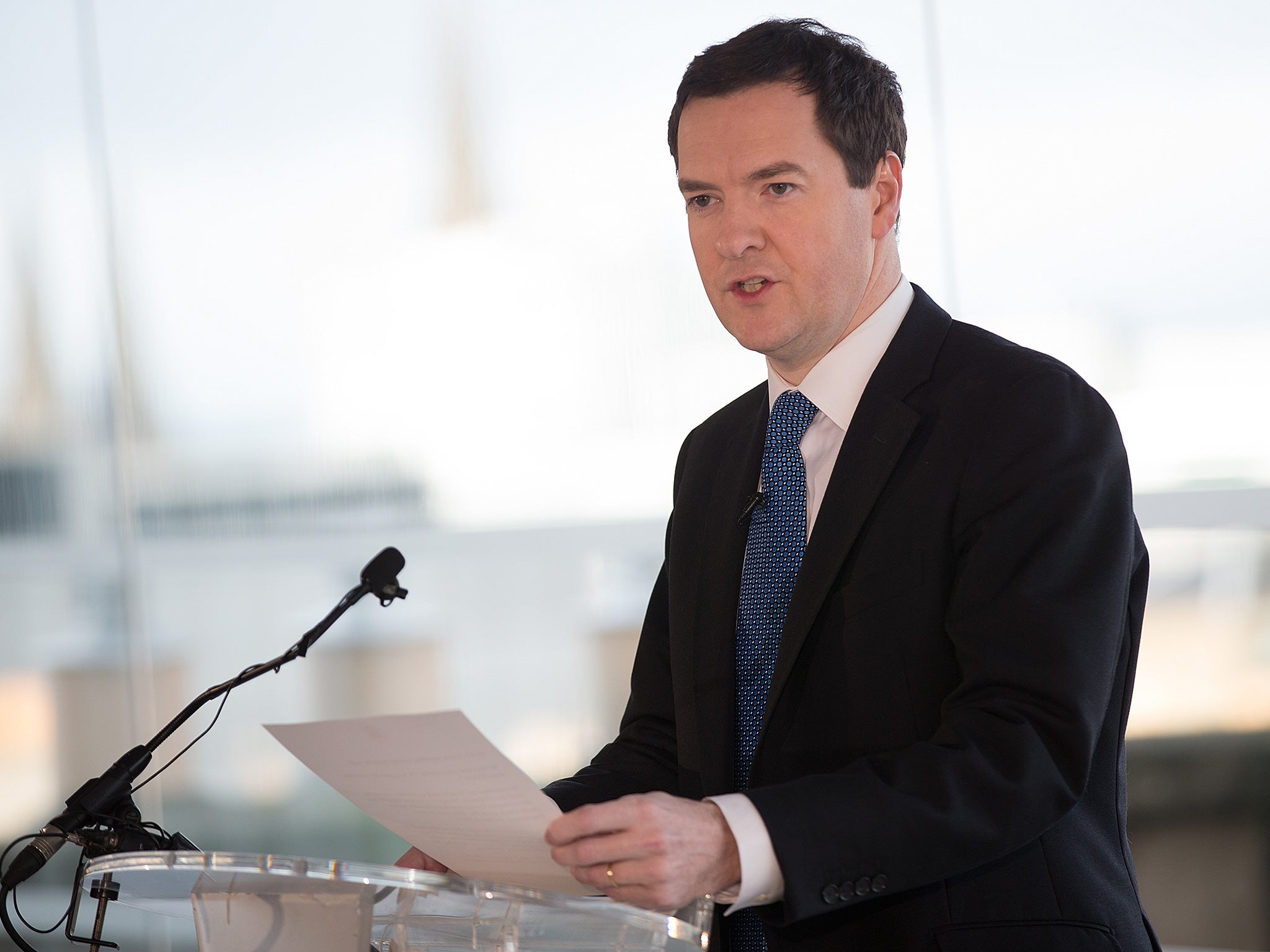
A surprise improvement in February’s public finances put the Chancellor on course to beat his deficit target this year with a combination of higher tax receipts, a lower interest bill and falling spending.
Borrowing in the month totalled £6.9bn – far better than the £10.4bn recorded a year earlier and the best February for the public finances in seven years, according to the Office for National Statistics (ONS).
The latest data shows cumulative borrowing for the 11 months of the financial year so far at £81.8bn – £8.8bn below the same stage last year. Economists said the UK – while still saddled with a high deficit as a share of GDP, compared with other big economies – should undershoot the latest borrowing target for the year from the Office for Budget Responsibility . This was revised down slightly to £90.2bn in this week’s Budget.
IHS Global Insight’s Howard Archer said the likely undershoot was “good for credibility with voters”.
He added: “If it had immediately looked like his fiscal targets for 2014-15 were going to be missed, it could have left George Osborne open to snipes from the opposition about the credibility of all his Budget figures.”
Despite the better picture on borrowing, the Chancellor faces pressure to set out how he will find £12bn in welfare savings pencilled in by 2017-18, in what the OBR has described as a “roller-coaster” profile for the public finances.
The February figures showed that stronger growth helped boost government receipts by £3.5bn, or 7 per cent, to £51.8bn last month, with a £2.5bn rise in income tax receipts the main driver. Corporation tax takings were up 12 per cent on a year earlier, more than offsetting a decline in stamp duty revenues due to a cooling housing market.
Ultra-low inflation, meanwhile, has cut the Government’s debt interest bill by £400m to £4bn compared with last February. The UK is paying much lower interest on its index-linked gilts as the retail prices index – which governs the returns paid out – has sunk by more than half to 1.1 per cent in the past 12 months.
Departmental spending is down by £500m to £35.5bn on last year, the ONS added.
Subscribe to Independent Premium to bookmark this article
Want to bookmark your favourite articles and stories to read or reference later? Start your Independent Premium subscription today.

Join our commenting forum
Join thought-provoking conversations, follow other Independent readers and see their replies